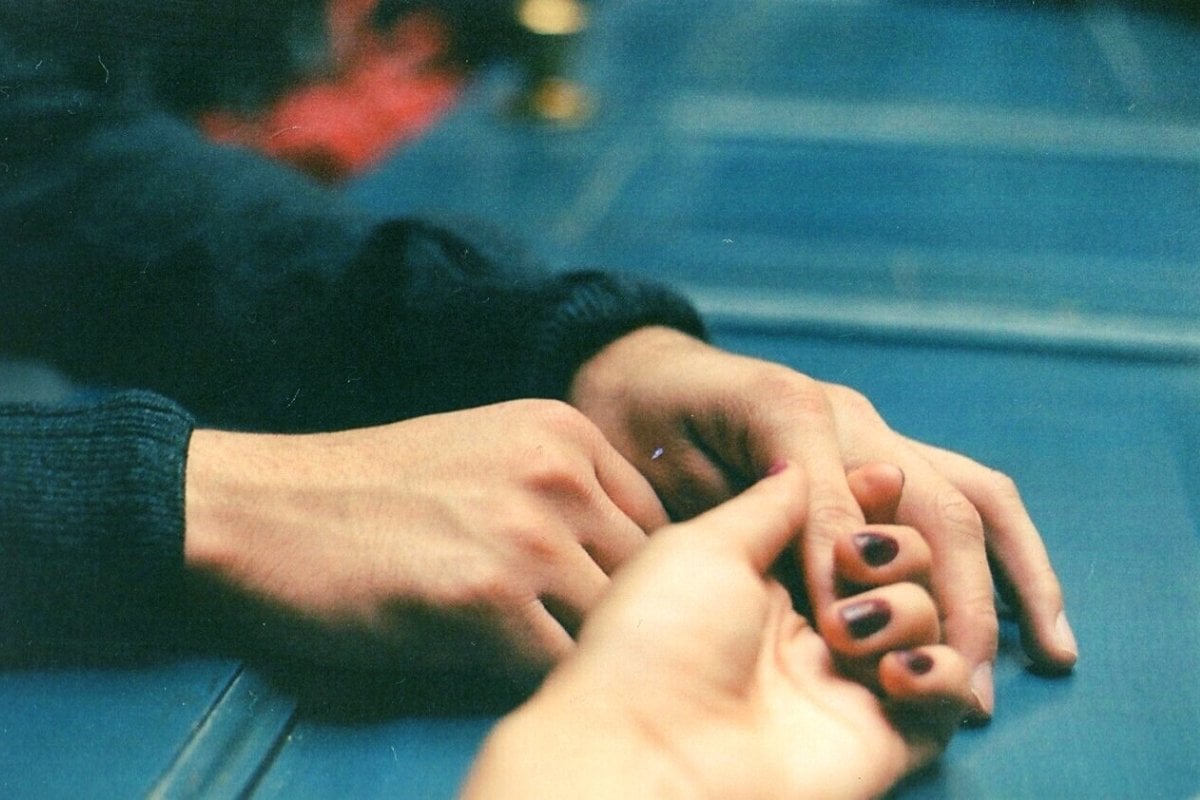
The following contains details of Obsessive Compulsive Disorder, which may be triggering for some readers.
It can start with an out-of-the-blue thought. The kind that tends to float into the mind in the small hours, or niggles around an upcoming relationship milestone, or significant birthday.
What if I don't actually love my partner? What if I'm meant to be with someone else?
For some, these thoughts aren't passing doubts. Nor are they normal ruminations about the health or viability of a relationship. They're all-consuming. They're life-altering.
That has been the case for Penny Moodie.





























































































